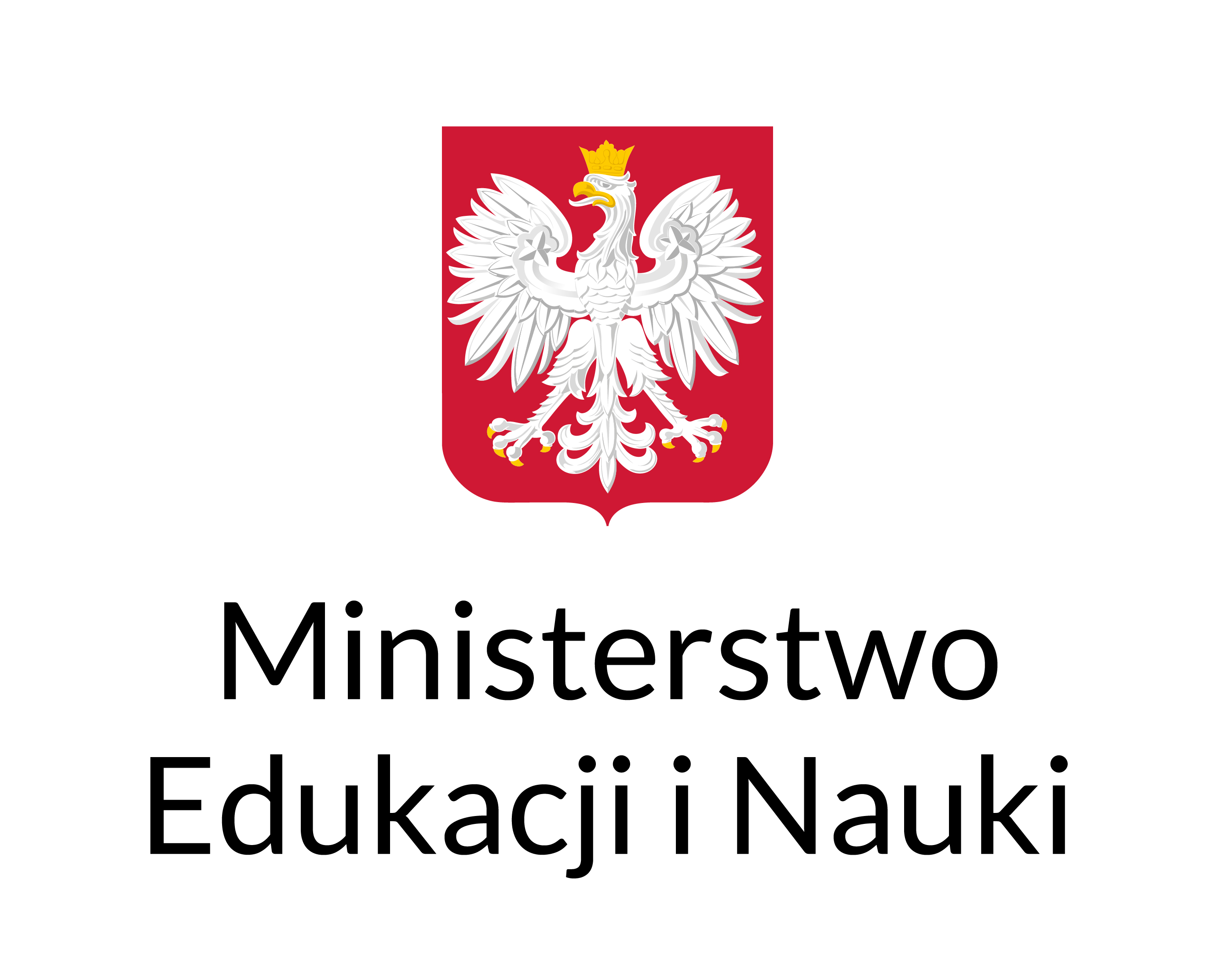Reform of the Romanian Judiciary and the Cooperation and Verification Mechanism – Considering the Practice of the Romanian Constitutional Court
Abstract
Romania, an EU Member State since 1 January 2007 was subject to a Mechanism for Cooperation and Verification following the rules set forth by the European Commission’s Decision 2006/928/EC. This specific rule of law mechanism covered the functioning of the judiciary and the fight against corruption. Any method by which a Member State is monitored based on vague, subjective, and imprecisely measurable criteria is likely to cause political friction and scientific disputes. In the case of Romanian justice reform, there were more than simply disputes. The Court of Justice of the European Union (CJEU) and Romanian Constitutional Court interpreted the situation differently. Beginning from an element of justice reform in Romania – the establishment of a special prosecutorial section to investigate crimes committed by judges and prosecutors – this study proposes to analyse these differences from a strictly scientific viewpoint, while raising some fundamental issues of European integration: the transfer of sovereignty, the concept of the rule of law, constitutional identity, and the competition of the Union’s regulatory power with that of Member States, as reflected by this fundamental disagreement between the CJEU and the Constitutional Court of Romania.
References
Carp, R. (2014) ‘The Struggle for the Rule of Law in Romania as an EU Member State: The Role of the Cooperation and Verification Mechanism’, Utrecht Law Review, 10(1), pp. 1–16; https://doi.org/10.18352/ulr.252.
Carp, R. (2022) ‘Supremația dreptului UE și relația acestui principiu cu jurisprudența instanțelor naționale de control constitutional’, Curierul Judiciar, 21(7), pp. 397–400.
Clark, D. (2016) Fighting Corruption with Con Tricks: Romania’s Assault on the Rule of Law. London: The Henry Jackson Society.
Dumbrava, H. (2021) ‘The rule of law and the EU’s response mechanisms in case of violation: a Romanian Case Study’, ERA Forum 22, pp. 437–452; https://doi.org/10.1007/s12027-021-00682-6.
Fábián, Gy. (2022) ‘Principiul primordialității dreptului Uniunii Europene și ideea identității constituționale promovată de Curtea Constituțională a României’, Curierul Judiciar, 21(7), pp. 383–389.
Fallon, R. H. (1997) ‘The Rule of Law as a Concept in Constitutional Discourse’, Columbia Law Review, 97(1), pp. 1–56; https://doi.org/10.2307/1123446.
Himma, K. E. (2013) ‘The Rule of Law, Validity Criteria, and Judicial Supremacy’ in Flores, I., Himma, K. (eds.) Law, Liberty, and the Rule of Law. Ius Gentium: Comparative Perspectives on Law and Justice, Vol. 18. Dordrecht: Springer, pp. 153–173; https://doi.org/10.1007/978-94-007-4743-2_10.
Ispas, G.-L. (2022) ‘Valorile fundamentale – temei al supremației dreptului Uniunii Europen’, Curierul Judiciar, 21(7), pp. 377–382.
Morar, D. (2022) Putea să fie altcumva. O istorie subiectivă a justiției după 1990. București: Humanitas.
Moraru, M., Bercea, R. (2022) ‘The First Episode in the Romanian Rule of Law Saga: Joined Cases C-83/19, C-127/19, C-195/19, C-291/19, C-355/19 and C-397/19, Asociaţia ‘Forumul Judecătorilor din România, and their follow-up at the national level’, European Constitutional Law Review, 18(1), pp. 82–113; https://doi.org/10.1017/S1574019622000074.
Müller, J.-W. (2015) ‘Should the EU Protect Democracy and the Rule of Law inside Member States?’, European Law Journal, 21(2), pp. 141–160; https://doi.org/10.1111/eulj.12124.
Rizcallah, C., Leloup, M. (2021) ‘Le mécanisme de coopération et de vérification: une source supplémentaire de protection de l’État de droit en Roumanie, au cœur d’un bras de fer relatif à la primauté du droit de l’Union’, Revue des affaires européennes, 2, pp. 389–395.
Safta, M. (2022) ‘Evoluții ale controlului judecătoresc la confluența justiției constituționale cu sistemul tradițional de justiție’, Curierul Judiciar, 21(7), pp. 401–407.
Tanasoiu, C., Racovita, M. (2012) ‘Post-Accession (Anti-)Corruption Record in Romania and Bulgaria’, L’Europe en Formation, 2(364), 243–263; https://doi.org/10.3917/eufor.364.0243.
Tănăsescu, E.S. (2019) ‘Romania: From Constitutional Democracy to Constitutional Decay?’ in Besirevic, V. (ed.) New Politics of Decisionism. The Hague: Eleven International Publishing, pp. 177–191.
Vachudova, M.A., Spendzharova, A. (2012) ‘The EU’s Cooperation and Verification Mechanism: Fighting Corruption in Bulgaria and Romania after EU Accession’, SIEPS – European Policy Analysis, 2012/1, pp. 1–¬20.
Vassileva, R. (2020) ‘Threats to the Rule of Law: The Pitfalls of the Cooperation and Verification Mechanism’, European Public Law, 26(3), pp. 741–768; https://doi.org/10.54648/EURO2020062.
Copyright (c) 2023 Central European Academic Publishing

This work is licensed under a Creative Commons Attribution-NoDerivatives 4.0 International License.












